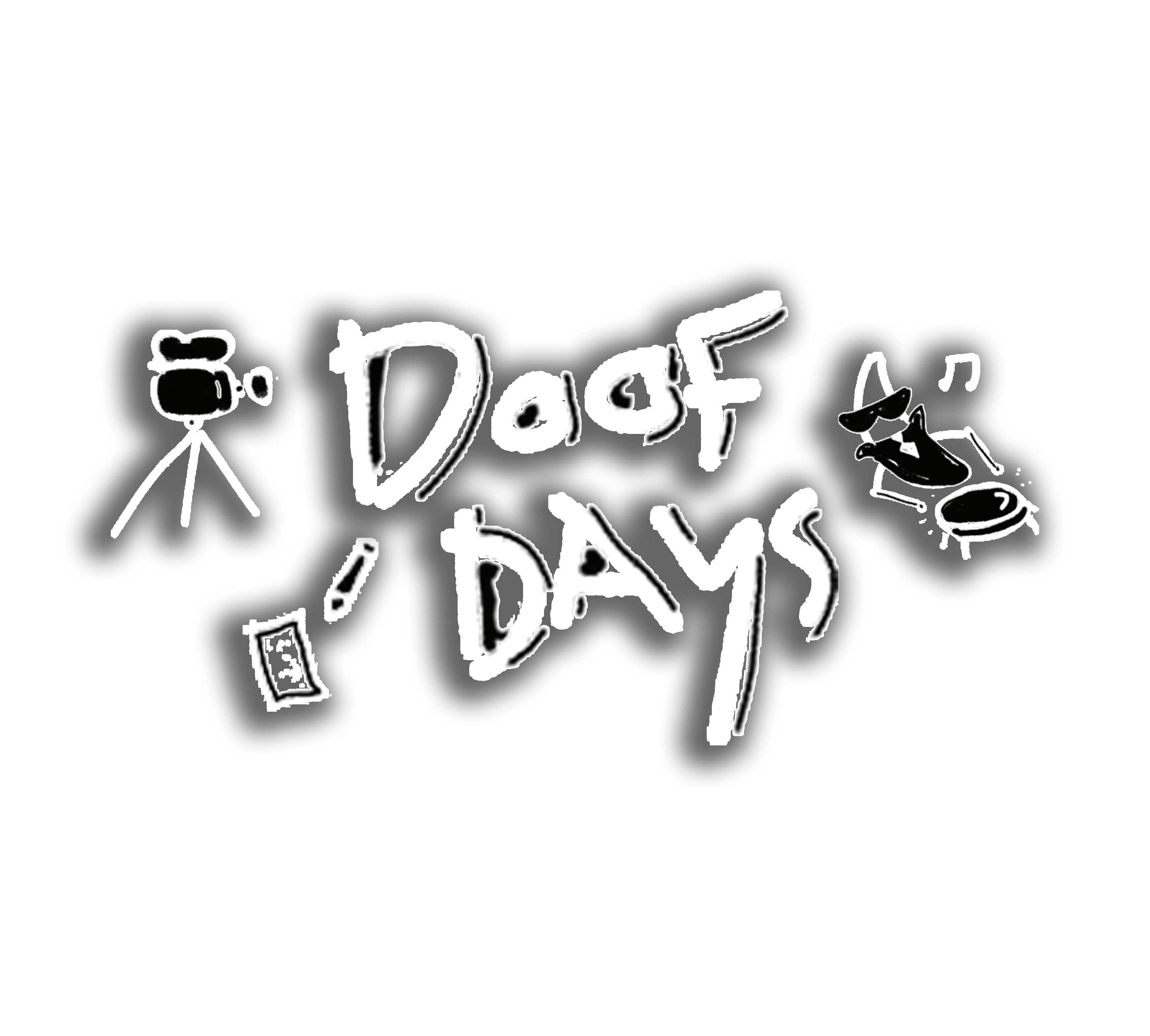I’ve come a long way from having my reading level defined by my twitter feed. Now I actually read for more than just entertainment or requirement, I read to learn! The only catch is, what if I’m not reading properly? Or if I want to be overly dramatic, what if I’m not reading at all? Like the muscle memory I use when I’m driving, sometimes I get lost in my thoughts while reading and forget the entire page I just read. This is a problem because If I want to be a writer or at the very least a writing tutor, I need to be able to read efficiently. Chapter 8 of The Longman Guide to Peer Tutoring emphasizes the importance of quality reading skills. Like the symbiotic relationship of leaders and followers, you cannot write without reading. Reading and writing are “inextricably linked, intertwined in ways that make it difficult to determine if a writer’s difficulty with a writing task is a problem with his reading or writing (Gillespie 105). Good reading comprehension helps the tutor and the tutee, as Gillespie and Lerner go into detail of how to develop it with tutor’s testimonies, strategic questions, and constructive conversations.
You are only as a good a reader as you are are a listener. There is no point to reading if you don’t learn anything from it, just as there is no point of listening to someone if you don’t internalize what they are saying. Tutor’s prior testimonies suggest that your environment impacts the effectiveness of your reading tremendously. Some people like it cold, others like it hot, whatever it may be, there is a clear connection between environment and reading comprehension. We’ve all heard the saying “messy room, messy mind”, so if there are things near you that can attract your attention, it will be perpetually difficult to maintain focus. It may take time to find the perfect location but being comfortable where you are will increase your productivity. This extends into the energy, the atmosphere, and the music you might be listening to… Nothing beats Banana Chant.
Strategic questions can be used to guide the conversation into a productive state. It’s important to leave your opinions at the door, and let the tutee form their own ones. I’ve come to learn that as a tutor I am not here to dictate how someone should right; instead, I’m here to give someone the tools to right how they want to the best of their abilities. This mentality needs to be reflected in the way we communicate. Asking ourselves “what do you do when you read something you don’t understand?” Leads us to a multitude of possible solutions. Rereading, looking up words, taking breaks, summarizing, and discussing with another person are just a handful of responses to common reading struggles.
Once we understand what a given text ought to say, the final step is to write it. As a writing tutor, it is your job to ensure that these strategies are implemented. Asking specifically about your tutee’s reading style allows them to acknowledge their own tendencies. Talking about your own reading styles and bringing up styles that have been successful in the past can advance the process. Three strategies of successful readers that can be incorporated immediately are: “looking up words they don’t understand, identifying the text’s main ideas, and asking questions about what will happen next in the reading,” (Gillespie 107).
Even if the only reading you do every day comes from your text messages, there are several ways to make every one of those conversations more enjoyable. Changing your environment, incorporating strategies, and having a constructive mentality will all help you read better. The benefits extend further than a tutor session, as these strategies can impact your all areas of your life. They are problem solving techniques that continually act.
References
Gillespie, Paula, and Neal Lerner. The Longman Guide to Peer Tutoring. Pearson Longman, 2008.
